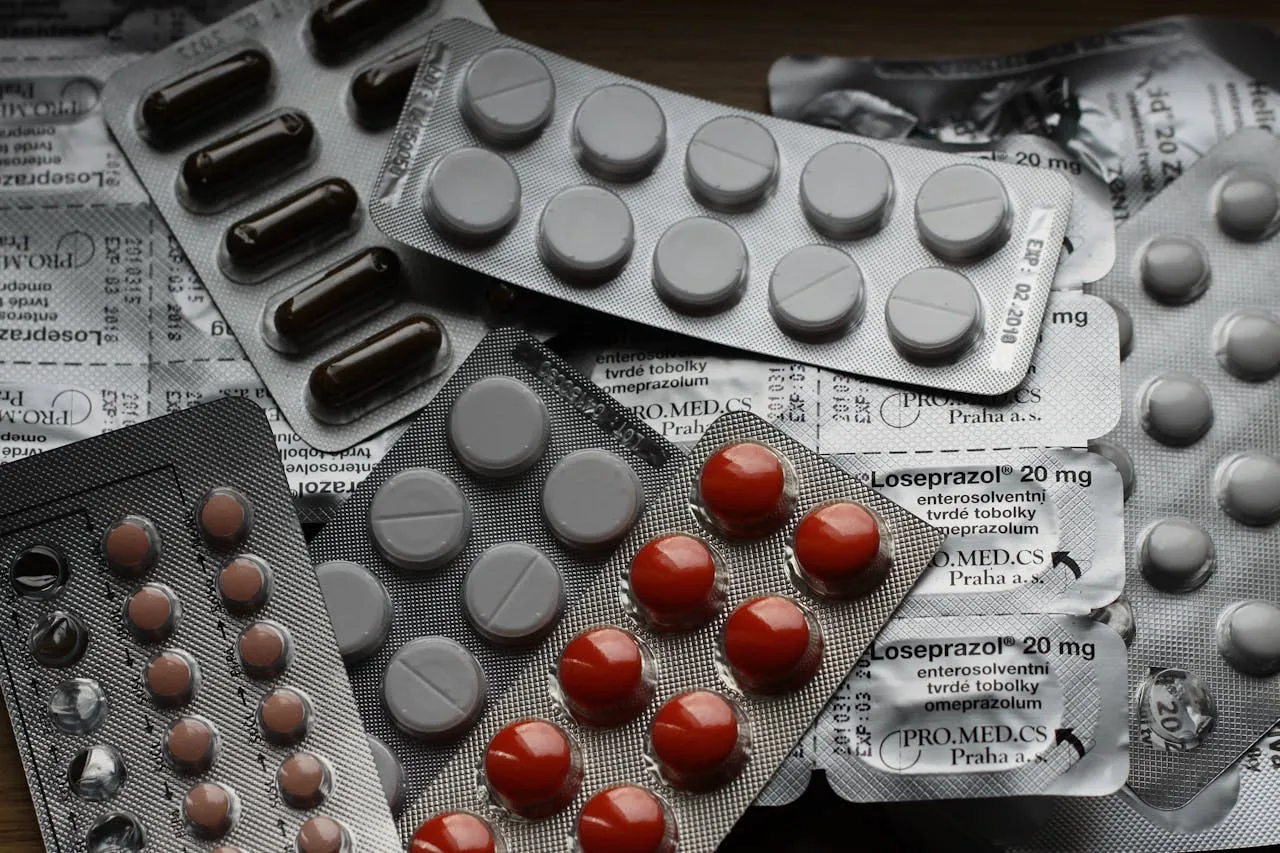
The API Innovation Center (APIIC) has received a substantial funding award from the Administration for Strategic Preparedness and Response’s (ASPR) Center for Industrial Base Management and Supply Chain (IBMSC). This investment will enable APIIC to spearhead the development and domestic production of three critical active pharmaceutical ingredients (APIs) that are vital for treating asthma, diabetes, and anxiety disorders. By employing advanced manufacturing technologies and innovative research, the center aims to strengthen the U.S. pharmaceutical sector and enhance supply chain resilience.
APIIC’s efforts are part of the BioMaP-Consortium, a collaborative framework backed by ASPR’s Biomedical Advanced Research and Development Authority (BARDA), that brings together key industry partners from across the drug and vaccine supply chain. IBMSC has pledged $14 million toward this initiative, with APIIC contributing an additional $2.4 million. This funding represents a critical step in securing the U.S. pharmaceutical supply chain and addressing potential national health security risks.
Reducing Dependence on Foreign Sources for Essential Medicines
A staggering 83% of the top 100 generic medicines in the U.S. rely entirely on foreign sources for their small-molecule APIs. This overreliance exposes the U.S. supply chain to risks from shortages and geopolitical tensions, leaving domestic pharmaceutical production underutilized. Declining U.S. capacity to produce APIs and key starting materials (KSMs) has been identified as a key factor in this national health security risk. While significant efforts are still required to improve the economic viability of domestic pharmaceutical production, the BioMaP-Consortium’s funding is a crucial investment in reshoring critical medicines and tackling drug shortages.
Focus on Essential Medications
APIIC will lead the development of three key APIs, selected for their critical role in U.S. healthcare, shortage histories, and their presence on essential medicines lists:
- Albuterol: Used to treat asthma and other respiratory conditions.
- Desmopressin Acetate: Used to treat diabetes insipidus and blood coagulation disorders.
- Lorazepam: Used to treat anxiety disorders.
“This funding not only demonstrates a strong financial commitment but also signals a significant step towards bolstering America’s pharmaceutical resilience and ensuring patient access to essential medications,” said Tony Sardella, chair and founder of APIIC. “By focusing on these high-impact APIs, we are establishing a public-private blueprint for pharmaceutical self-reliance, essential for national health security.”
Strategic Partnerships for U.S. Pharmaceutical Strength
APIIC’s initiative leverages a robust network of industry and academic partners to drive this project forward. The center is collaborating with top universities, pharmaceutical manufacturers, and KSM suppliers to harness advanced technologies for improved production quality and efficiency. Partners include Mallinckrodt Specialty Generics, Apertus Pharmaceuticals, MilliporeSigma, and the University of Missouri–St. Louis (UMSL). These organizations bring specialized expertise and resources to strengthen the U.S.-based pharmaceutical manufacturing sector.
Stephen Welch, executive vice president of Mallinckrodt Specialty Generics, emphasized the importance of the collaboration: “Our experience in developing and manufacturing APIs positions us well to contribute to this critical effort. By joining forces with APIIC, we are addressing the nation’s drug shortage challenges and reinforcing our ability to produce essential medicines domestically.”
David Gindelberger, CEO of Apertus Pharmaceuticals, added, “Our collaboration with APIIC has allowed us to scale our cutting-edge research and play a key role in strengthening the national pharmaceutical supply chain.”
MilliporeSigma’s contribution focuses on its extensive experience in small and large molecule development, including the production of APIs and critical raw materials. Mark Cooley, site director for MilliporeSigma in St. Louis, highlighted the initiative’s role in mitigating supply disruptions and boosting the U.S. bioeconomy.
UMSL’s vice chancellor, Dr. Chris Spilling, noted the partnership’s regional and national importance: “This initiative not only strengthens our region’s economy but also enhances the nation’s health security.”
A Blueprint for a Resilient Supply Chain in Missouri
APIIC has been working closely with the State of Missouri and the Missouri Technology Corporation to establish a state-supported model for pharmaceutical production in the St. Louis region. This strategic framework, known as the “Missouri Model,” serves as a replicable blueprint for restoring U.S. leadership in pharmaceutical manufacturing and supply chain resilience.
Missouri has already committed approximately $18 million to these reshoring efforts, positioning itself as a national leader in addressing pharmaceutical supply chain vulnerabilities. Governor Mike Parson praised the state’s role: “Missouri is leading the charge in restoring America’s pharmaceutical manufacturing strength. By focusing on API production within our borders, we are tackling a pressing national health security issue—our over-reliance on foreign suppliers.”
As APIIC continues to look ahead, its commitment to driving U.S. pharmaceutical independence is unwavering, ensuring that hospitals, pharmacies, and patients across the country will have access to essential, domestically produced medications.
This project is supported by federal funding from the Department of Health and Human Services and ASPR’s Office of Industrial Base Management and Supply Chain under OT number #75A50123D00003.




